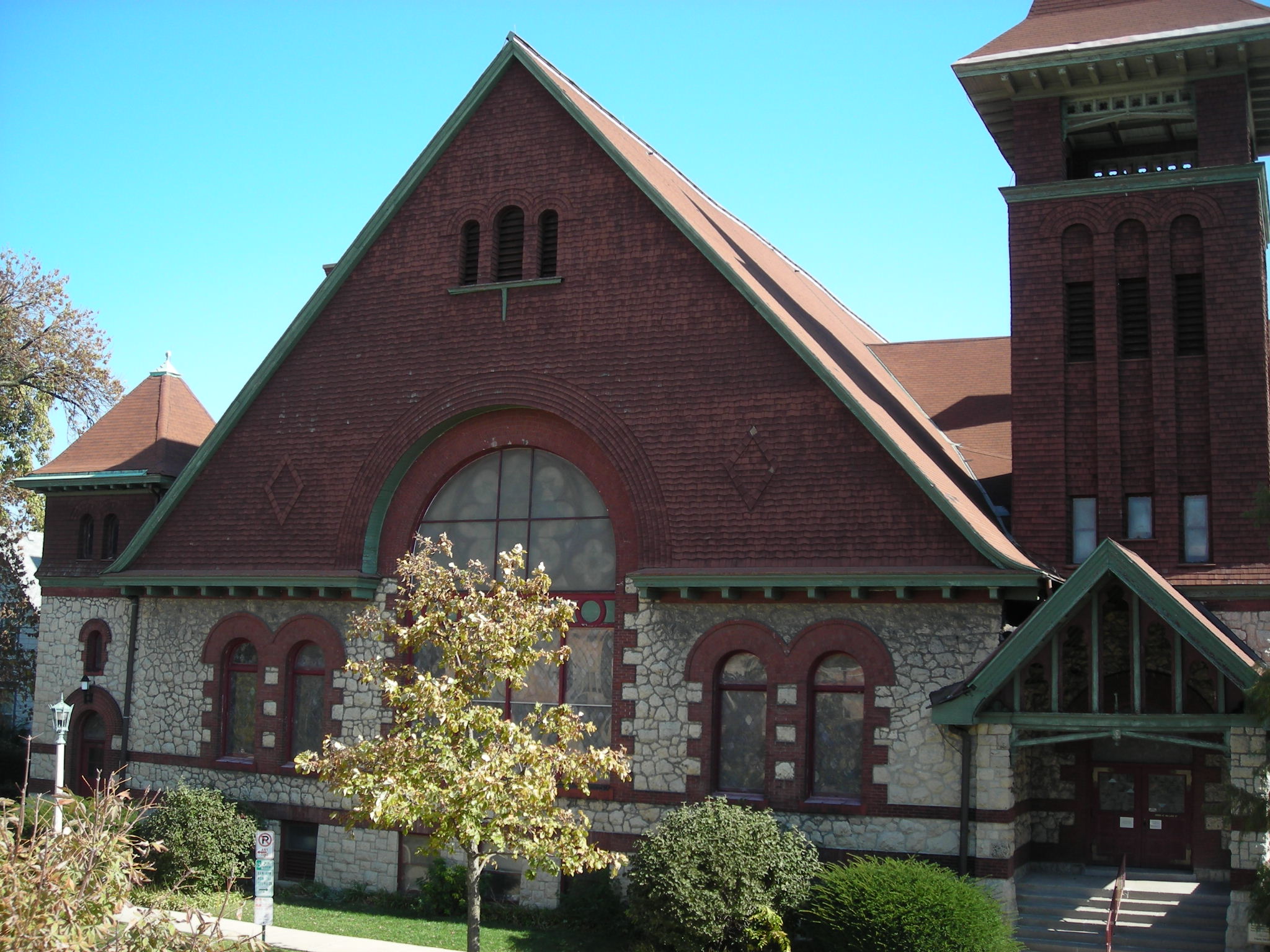
What God Desires
In the 1980s, one of my favorite gospel groups, The Winans, released a simple song that asked a powerful question: “Are we really doing your will? If not we’ll just keep still.”
The “will of God.” Can we really know what that is? We see this phrase repeatedly in the Gospels and Epistles. It was something our faith ancestors talked about constantly.
The word they used (theléma) suggested the “will of God” was much more than God ordering us around. In fact, the first Christians recognized that imagining God as a helicopter parent—all up in our business, telling us what to do—was incompatible with the divine nature. Our love and worship, our faithfulness, only have meaning to God when they’re offered voluntarily.
That’s the big difference between the Old and New Covenants. The old way was commanded; the new way that Jesus brings to life results form our own loyalty and longing to please our Maker. So we move from “obedience” to “pleasure.” Theléma implies a deeply held desire.
God’s will is more like divine longing—what God wants from and for us. There is mutuality and alignment: our desires to please God match God’s desires for our good pleasure. “Are we really doing your will?” translates into “Are we making God happy?”
It shouldn’t surprise us that Paul tells the Thessalonians to “give thanks in every situation for this is God’s will for you in Christ Jesus” (1 Thess. 5:18). We hear this text frequently this time of year—it’s a Thanksgiving standard. Yet we may miss the double entendre. Our gratitude regardless of circumstances doesn’t merely satisfy God’s desire for God’s Self. It also provides what God desires for us. This is God’s will for you. It makes God happy to see us happy, and happiness is a by-product of gratitude.
Still, it’s a bold teaching. Give thanks in every situation? Seriously? Maybe that was possible in Paul’s time, when life was much simpler. (Reality check: If you believe first-world problems are more daunting than first-century survival, feel free to think so.) To get the essence of what this means we have to step back and look at the framing guidance. “Pray continuously” precedes Paul’s advice, immediately followed by “Don’t suppress the Spirit.”
So there’s help for those of us who struggle with continuous, unconditional thanksgiving. We just need to pray more and stay attentive to the Spirit as it guides us toward gratitude. Then we can say, “Yes! We really are doing God’s will.”
God will be happy and we will be happy too. Happy Thanksgiving season to you all!

Don’t miss Part 2 in our three-part “Her Story” series. This week we look at Esther and identity politics, along with how brilliantly scripture blurs the lines between fact and fiction to lead us to important truths. We meet each Thursday evening at 7:30pm CST in the parlor of Pilgrim Congregational Church, 460 Lake Street, Oak Park. If you’re able to be with us in person, join us online via FB Live.
We need your help!
As we think about the future of Gather, please let us know what gifts you bring and would like to share with the community. There are many roles that have to come together to make Gather happen every week. This includes setup, technical support, worship, managing handouts and information, coordinating drinks, and teardown. We need your help. Please let us know what type of service you’d be interested in!
Watch God Work,
Tim & Shea
As we prepare to become a vibrant worshipping community, we invite you to enjoy a Spotify playlist that captures the kind of worship we hope to embrace. Give it a spin while you’re driving. Make it your workout jam. Add it to your devotional time. Most of all, feel yourself becoming part of a sacred village of believers who love their God and one another!
Check out the Gather Worship Playlist here.



